OFFICIAL: Man City won first legal battle against Premier League
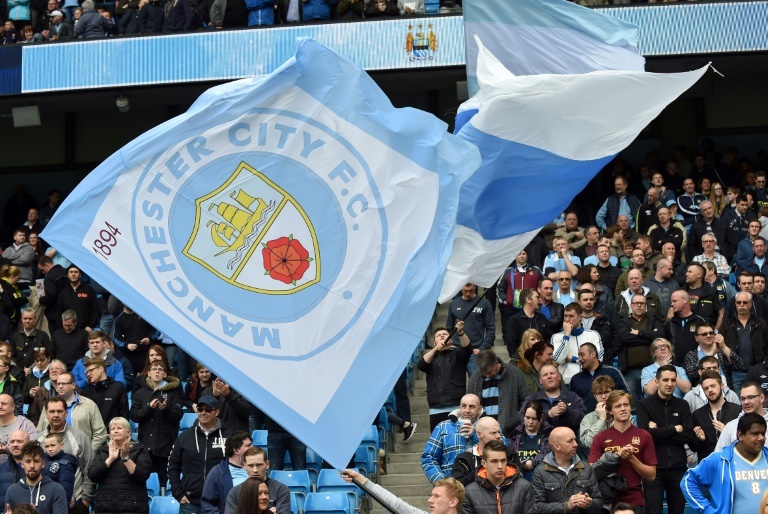
Manchester City has won the first of its pending lawsuits against the Premiership, this one by the ordinary courts, and for infringing UK competition law.
11 months ago
Manchester City have won its first legal battle with the Premier League and the rules on associated companies will have to be reviewed for breaching UK competition law. City sued the Premier League this year because the current associated companies regulation (APT) is discriminatory, goes against free market and competition law and has been pushed by the other teams to hinder their success on the pitch.
The club confirmed in a statement that it has won the lawsuit for 25 of these rules that this initiative is against the law and that the Premier League's decisions regarding two club sponsorships have been set aside. These sponsorships are related to Etihad and Abu Dhabi Bank.
The competition prompted drafting these rules in 2021 to prevent Newcastle United, then bought by the Saudi Arabian investment fund, from inflating its accounts with sponsorship from the same country and the same owner. Currently, a third of Manchester City's promotional deals come from the United Arab Emirates, the same country that bought the club in 2008.
According to the statement released by Manchester City and backed by a 164-page legal document, the original and current APT rules “breach UK competition law” and the Premier League “has abused its dominant position.”
The independent tribunal has found that the laws are “structurally unfair” and that the Premier League has been “specifically unfair” in how it has applied them to the clubs. These have also “been discriminatory” and the tribunal itself has highlighted that there has been an “unjustified delay” in the valuation of the fair market price of two club transactions, whereby the Premier has “broken its own rules”.
The tribunal has found that City's deal with Etihad was “unfairly” blocked this year because it was not given an opportunity to respond to the Premier League's analysis of the deal itself. In the Abu Dhabi bank's case, the judges certified that City was not given information from other clubs on the database used by the competition to determine what is fair market value.
This decision may also have a significant impact on the rest of the clubs because, according to the ruling, the current rules do not take into account the interest-free loans that some clubs receive for financial fair play purposes. The three-judge panel that heard the case found that of the £4 billion in loans in the Premiership, £1.5 billion of it came from the clubs' own owners.
Manchester City argued that these loans are not fair and are not in line with the market price, being zero interest, so in many cases they did not have to be repaid. If the rules are altered, as is expected following this court victory, these loans will have to be included in the accounts and could lead to clubs such as Arsenal, with a loan debt of £260 million, and Everton, with £450 million, breaking financial fair play.
The lawyer who has handled City's case, Lord Pannick, is the same one who is leading the Sky Blues in the battle over 115 financial charges brought against them by the Premier League, which has been in trial in London for the past two weeks. That case and this one are not related.
The club confirmed in a statement that it has won the lawsuit for 25 of these rules that this initiative is against the law and that the Premier League's decisions regarding two club sponsorships have been set aside. These sponsorships are related to Etihad and Abu Dhabi Bank.
The competition prompted drafting these rules in 2021 to prevent Newcastle United, then bought by the Saudi Arabian investment fund, from inflating its accounts with sponsorship from the same country and the same owner. Currently, a third of Manchester City's promotional deals come from the United Arab Emirates, the same country that bought the club in 2008.
According to the statement released by Manchester City and backed by a 164-page legal document, the original and current APT rules “breach UK competition law” and the Premier League “has abused its dominant position.”
The independent tribunal has found that the laws are “structurally unfair” and that the Premier League has been “specifically unfair” in how it has applied them to the clubs. These have also “been discriminatory” and the tribunal itself has highlighted that there has been an “unjustified delay” in the valuation of the fair market price of two club transactions, whereby the Premier has “broken its own rules”.
The tribunal has found that City's deal with Etihad was “unfairly” blocked this year because it was not given an opportunity to respond to the Premier League's analysis of the deal itself. In the Abu Dhabi bank's case, the judges certified that City was not given information from other clubs on the database used by the competition to determine what is fair market value.
This decision may also have a significant impact on the rest of the clubs because, according to the ruling, the current rules do not take into account the interest-free loans that some clubs receive for financial fair play purposes. The three-judge panel that heard the case found that of the £4 billion in loans in the Premiership, £1.5 billion of it came from the clubs' own owners.
Manchester City argued that these loans are not fair and are not in line with the market price, being zero interest, so in many cases they did not have to be repaid. If the rules are altered, as is expected following this court victory, these loans will have to be included in the accounts and could lead to clubs such as Arsenal, with a loan debt of £260 million, and Everton, with £450 million, breaking financial fair play.
The lawyer who has handled City's case, Lord Pannick, is the same one who is leading the Sky Blues in the battle over 115 financial charges brought against them by the Premier League, which has been in trial in London for the past two weeks. That case and this one are not related.


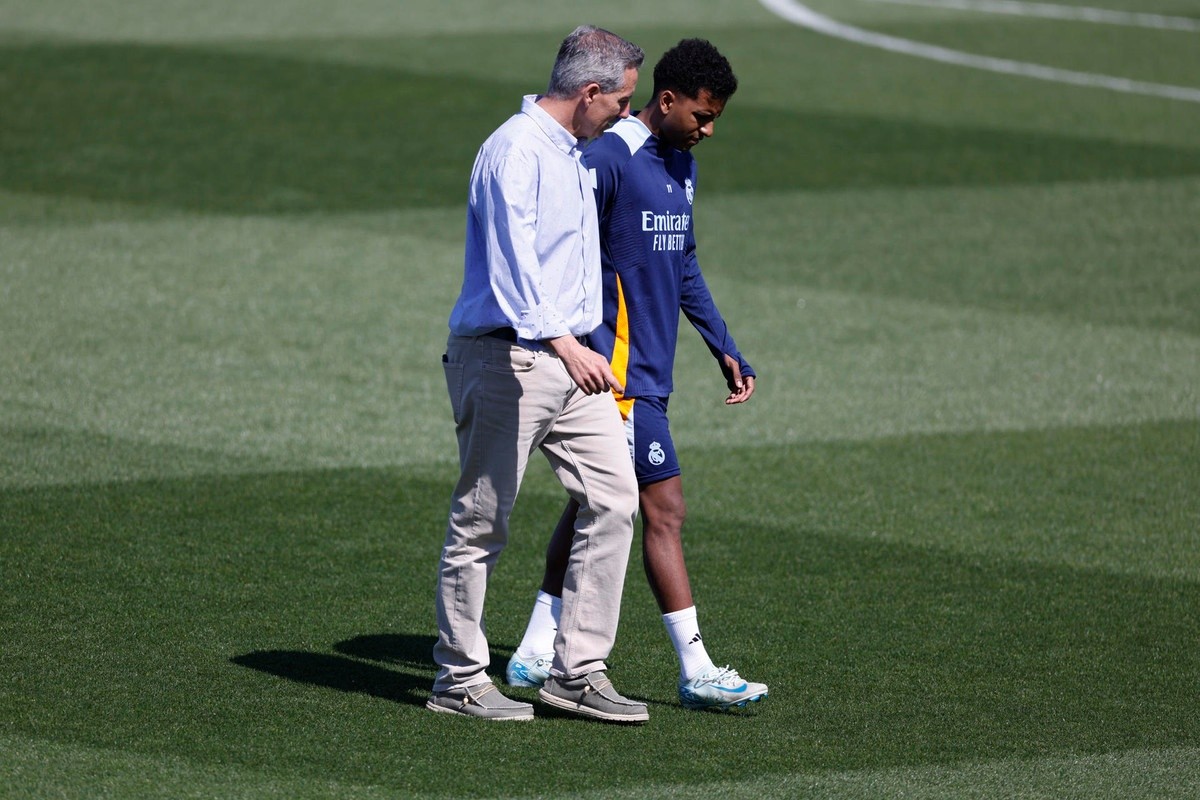
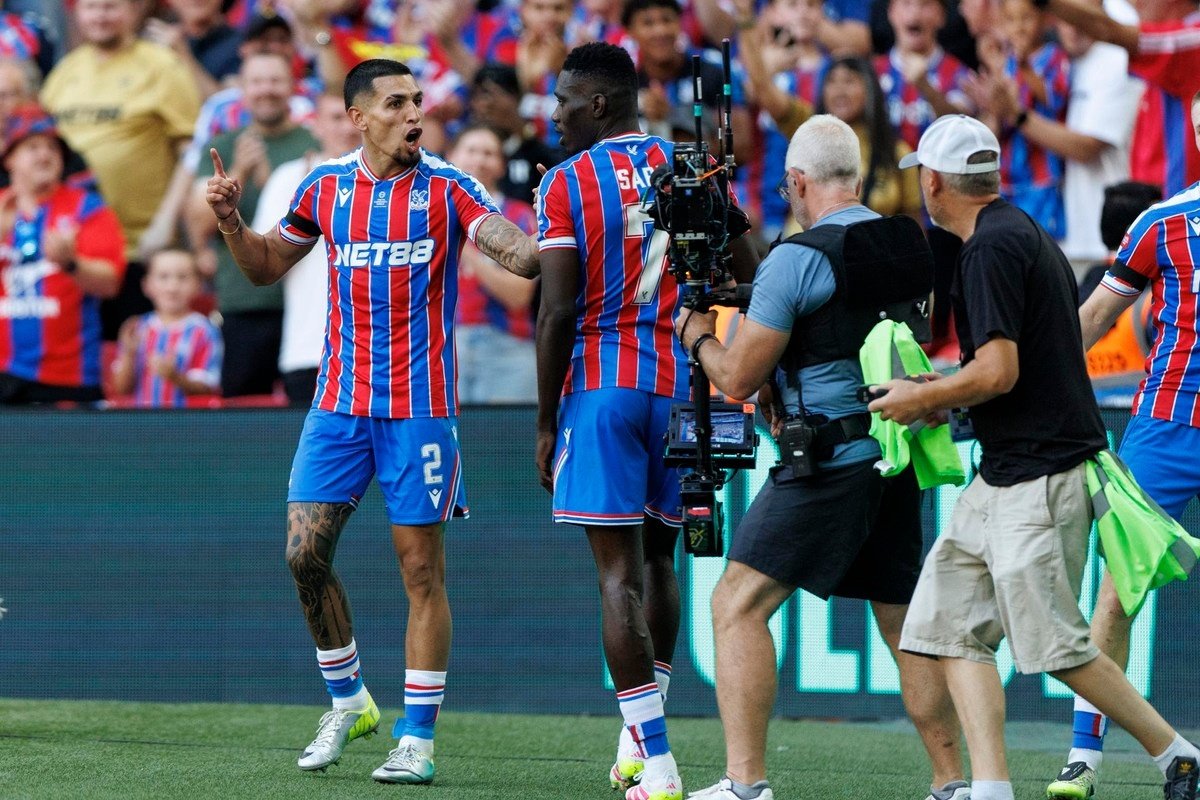
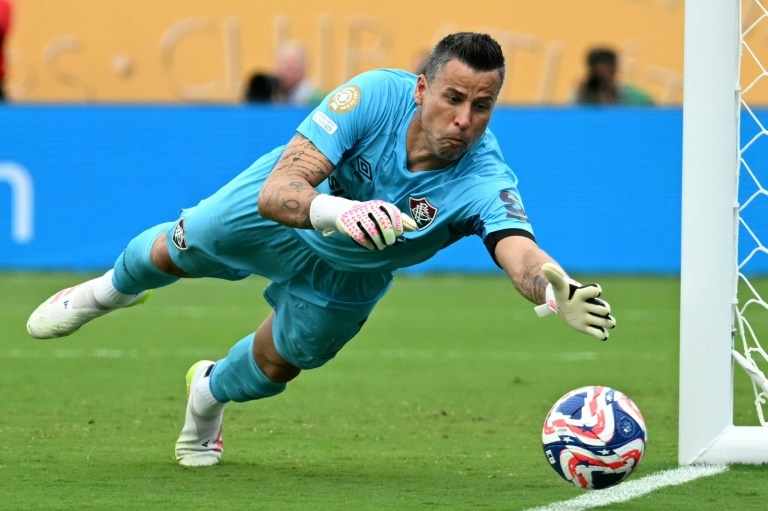
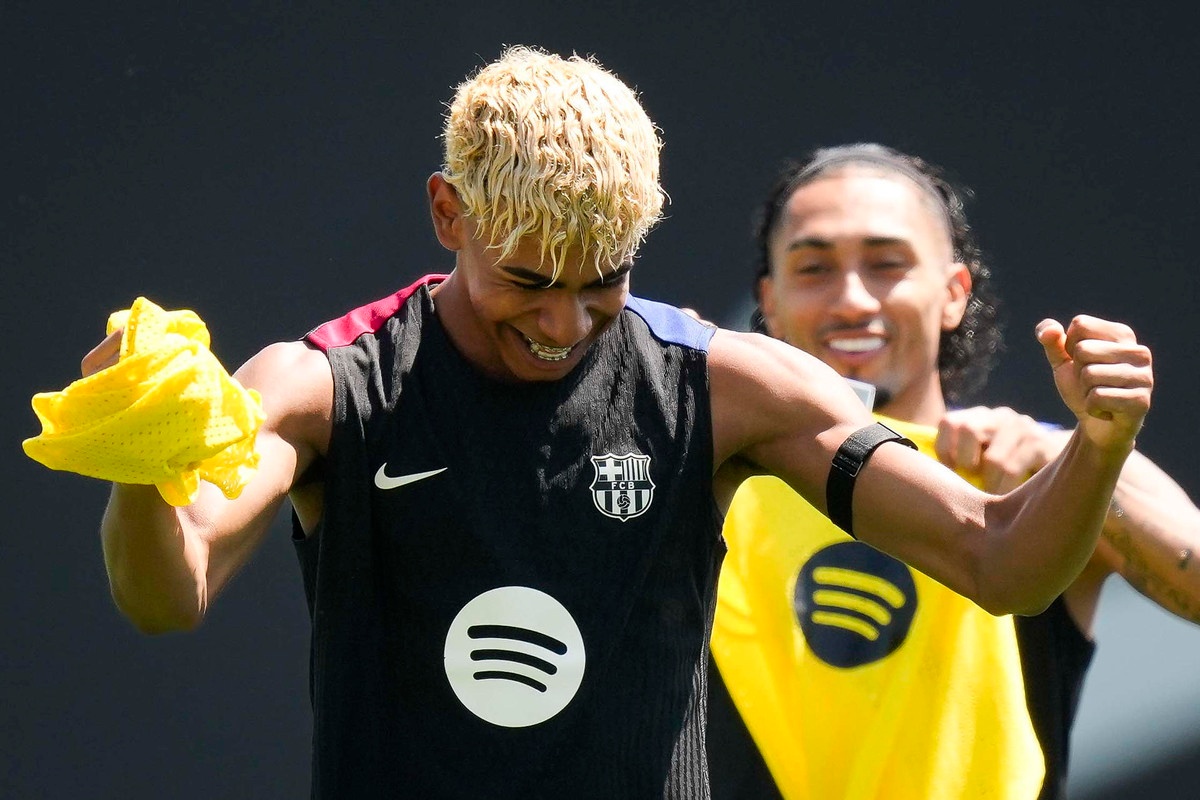
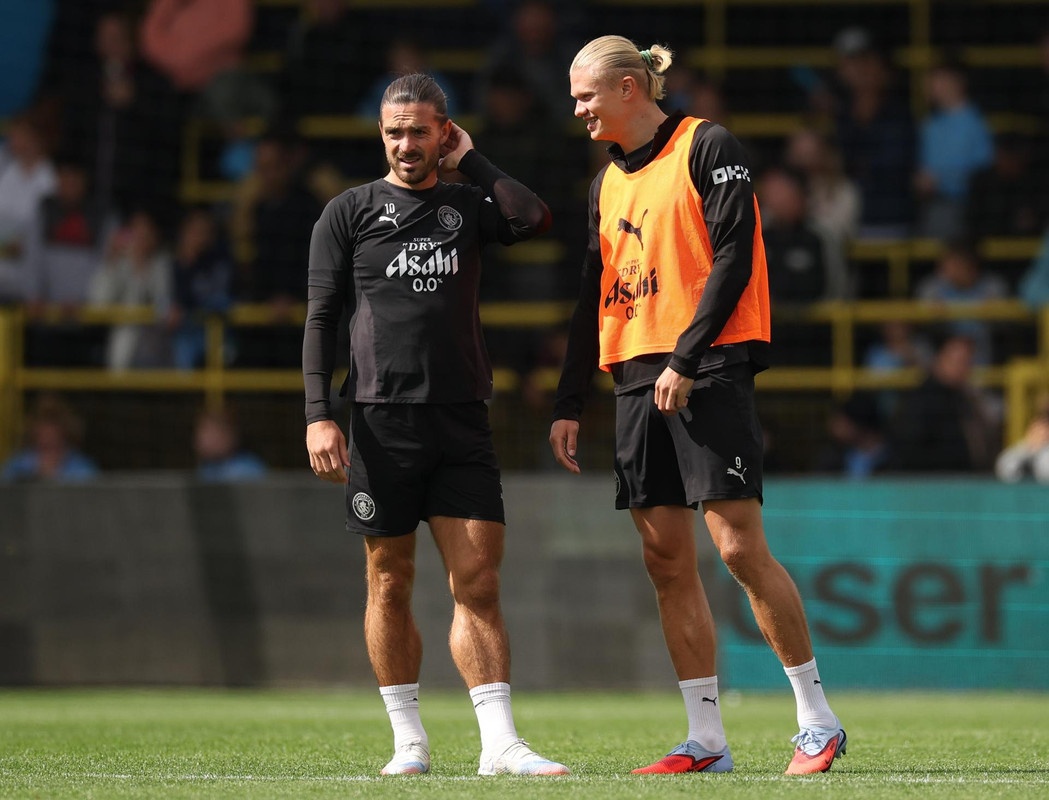
Comments